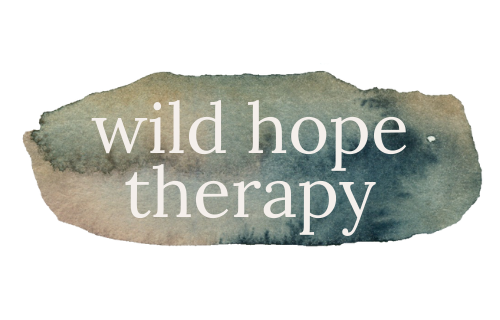newsletters + blog
stay connected with our monthly newsletter
read back issues of Wild Hope Therapy’s newsletters
subscribe to receive future issues

Coping With Holiday Party Anxiety When You Have Experienced Disordered Eating
The holiday season can be a joyful time of connection and celebration, but for those of us who have experienced disordered eating, it can also bring a unique set of challenges. Food-centric gatherings, comments about bodies, and the pressure to appear “merry” can stir up feelings of anxiety, shame, or overwhelm. If you’re feeling apprehensive about holiday parties, know that you are not alone—and that it’s possible to enjoy the season while prioritizing your mental health and well-being.
At Wild Hope Therapy, we understand the complexities of navigating the holidays when food and body image concerns are part of your story. This blog offers compassionate insights, practical tools, and encouragement to help you move through the season with confidence and self-care.

